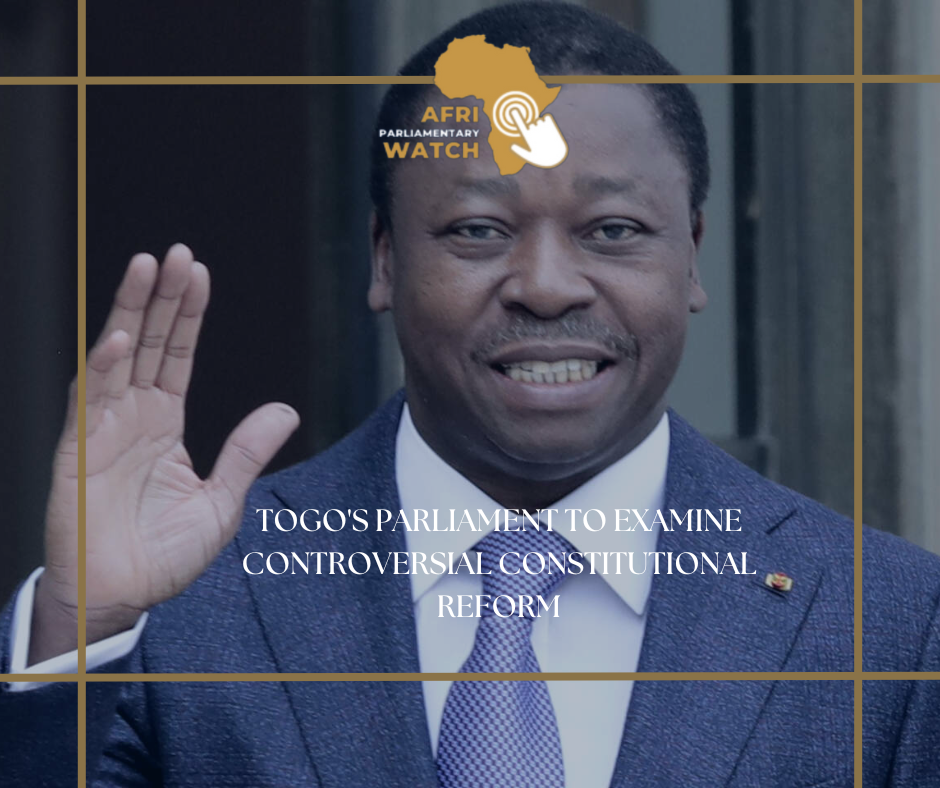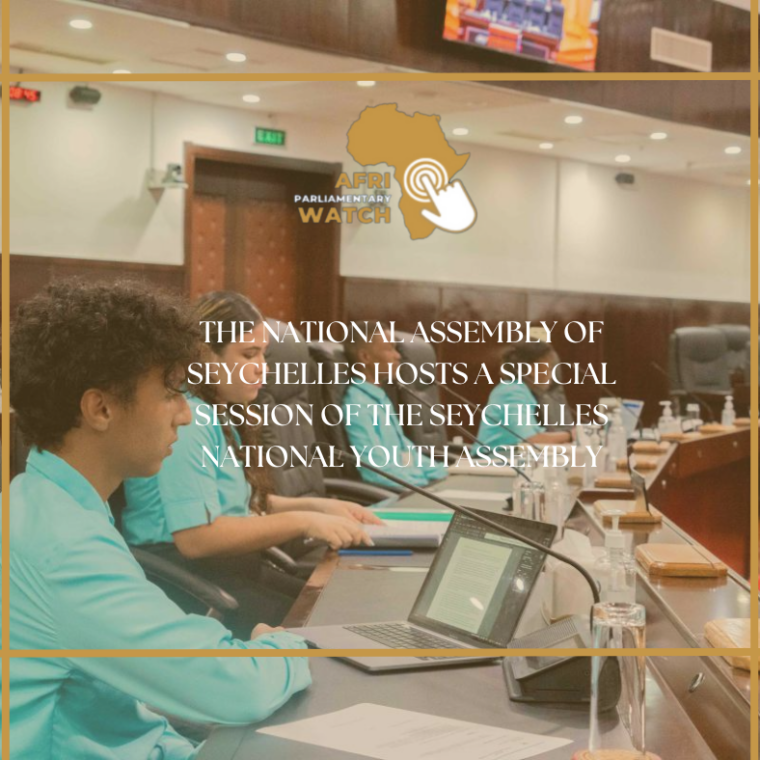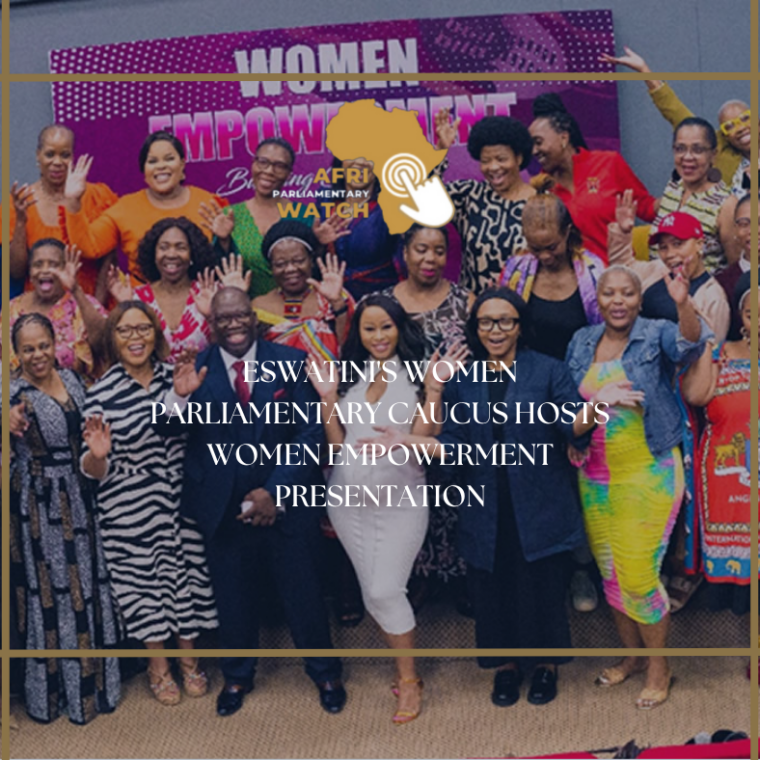Togo’s Leader Sends Controversial Constitutional Reform Back to Parliament for Review
Togo’s President Faure Gnassingbe has referred a contentious constitutional reform back to parliament for “a second reading,” a government minister announced on Friday, March 29. This reform would allow lawmakers to elect the president, shifting the country from a presidential to a parliamentary system and granting the assembly the authority to choose the president for a single six-year term.
However, uncertainty remains regarding the possibility of renewing this term, raising concerns about the potential for Gnassingbe, who has been in power since 2005, to extend his rule indefinitely. He succeeded his father, General Gnassingbe Eyadema, who had seized power over 50 years ago.
Opposition parties in Togo have condemned the reform as a blatant power grab by Gnassingbe, especially ahead of the upcoming legislative and regional elections scheduled for April 20. “Given the public interest generated since its adoption, the president has requested the National Assembly president to conduct a second reading of the law,” government spokeswoman Yawa Kouigan stated during a televised address.
Tensions surrounding the reform have escalated, with police intervening to disrupt an opposition news conference amid growing backlash. Nearly 100 university academics, artists, political figures, and civil society representatives signed a statement on Friday urging citizens to “mobilize” against what they described as an abuse of power. They called for Gnassingbe to “halt the ongoing process for the good of our country.”
In the streets of the capital, Lome, public opinion on the reform is sharply divided. Photographer Claude Vivor argued, “They should have held a national consultation to gauge public opinion… this is a constitutional coup.” In contrast, lawyer Samir Ouro Sama suggested that the change could help Togo avoid the crises that have plagued the country following contested presidential elections. He acknowledged that the reform’s introduction lacked sufficient public education.
Amid rising tensions, a Togolese newspaper editor was arrested on Thursday, and media watchdogs have raised concerns about potential press restrictions leading up to the elections. Sources in Washington have reported that US officials have urged Gnassingbe to ensure a peaceful and democratic resolution to the current situation. Meanwhile, the Togo Bishops’ Conference has called on the president to postpone the new constitution’s enactment and initiate “inclusive political dialogue.”
In 2019, parliament revised the constitution to limit presidential terms to two, but this change did not apply retroactively, allowing Gnassingbe to run for additional terms.





